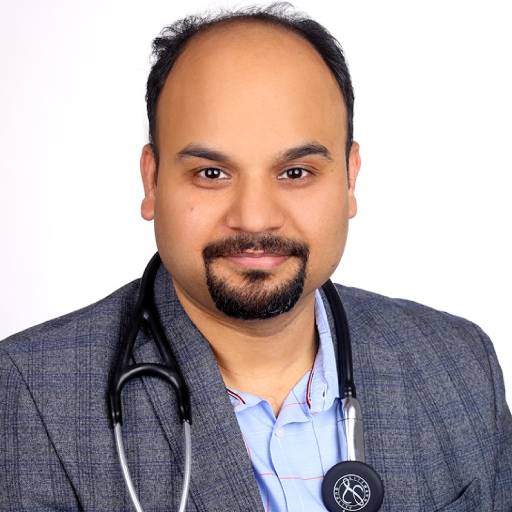Are You Taking the Right Steps to Prevent Cancer?
Did you know that many cancer cases can be prevented through simple lifestyle changes? While some risk factors like genetics and age cannot be changed, you have the power to reduce your risk of cancer significantly. Let’s delve into the top strategies that can help you maintain a healthier lifestyle and lower your cancer risk.

Adopt a Healthy Diet
Are Your Food Choices Affecting Your Cancer Risk?
Your diet plays a crucial role in cancer prevention. Consuming a balanced diet rich in fruits, vegetables, and whole grains can help protect against many types of cancer. Here are some dietary tips to lower your cancer risk
- Increase Intake of Fruits and Vegetables: These foods are high in vitamins, minerals, and antioxidants, which can help protect your cells from damage.
- Limit Processed and Red Meat: High consumption of processed meats has been linked to an increased risk of colorectal cancer. Opt for lean proteins like fish, poultry, and legumes.
- Choose Whole Grains Over Refined Grains: Whole grains contain more fiber and nutrients that are beneficial for your health.
Reduce Sugar and Fat Intake: High-sugar and high-fat diets can lead to obesity, which is a risk factor for many cancers.
Maintain a Healthy Weight
Is Your Weight Putting You at Risk?
Maintaining a healthy weight is vital for cancer prevention. Obesity is linked to an increased risk of several types of cancer, including breast, prostate, lung, colon, and kidney cancer. Here are some tips to help you maintain a healthy weight:
- Exercise Regularly: Aim for at least 30 minutes of moderate exercise most days of the week. Activities like walking, swimming, and cycling are great options.
- Monitor Your Portion Sizes: Eating appropriate portion sizes can help prevent overeating and manage your weight.
Avoid Sugary Beverages: These drinks are high in calories and can contribute to weight gain.
Avoid Tobacco Use
Are You Aware of the Dangers of Tobacco?
Using tobacco in any form significantly increases your risk of developing cancer. Smoking is linked to various types of cancer, including lung, mouth, throat, pancreas, bladder, cervix, and kidney cancer. Here are some strategies to help you quit:
- Seek Support: Join a support group or seek professional help to quit smoking.
- Consider Nicotine Replacement Therapy: Products like nicotine patches, gum, and lozenges can help reduce cravings.
Avoid Triggers: Identify and avoid situations that trigger your urge to smoke.
Limit Alcohol Consumption
Is Your Drinking Habit Safe?
Alcohol consumption is linked to an increased risk of several cancers, including mouth, throat, liver, colon, and breast cancer. To reduce your cancer risk, limit your alcohol intake to moderate levels:
- For Men: No more than two drinks per day.
For Women: No more than one drink per day.
Protect Your Skin from the Sun
Are You Practicing Safe Sun Habits?
Skin cancer is one of the most common types of cancer, and protecting your skin from harmful UV rays is essential. Here are some tips for sun safety:
- Use Sunscreen: Apply a broad-spectrum sunscreen with an SPF of at least 30, even on cloudy days.
- Wear Protective Clothing: Long sleeves, hats, and sunglasses can help protect your skin from UV rays.
Seek Shade: Avoid direct sunlight during peak hours (10 a.m. to 4 p.m.).
Get Regular Screenings and Check-Ups
Are You Staying on Top of Your Health Screenings?
Regular screenings and check-ups can help detect cancer early when it is most treatable. Depending on your age, gender, and risk factors, your doctor may recommend the following screenings:
- Mammograms: For breast cancer detection.
- Pap Smears and HPV Tests: For cervical cancer detection.
- Colonoscopy: For colorectal cancer detection.
- Skin Checks: For skin cancer detection.
PSA Tests: For prostate cancer detection.
Taking proactive steps to reduce your cancer risk can significantly impact your overall health and well-being. By adopting a healthy diet, maintaining a healthy weight, avoiding tobacco, limiting alcohol, protecting your skin, and getting regular screenings, you can lower your chances of developing cancer. If you have any concerns or need further information, please reach out to Easy Treatment India

